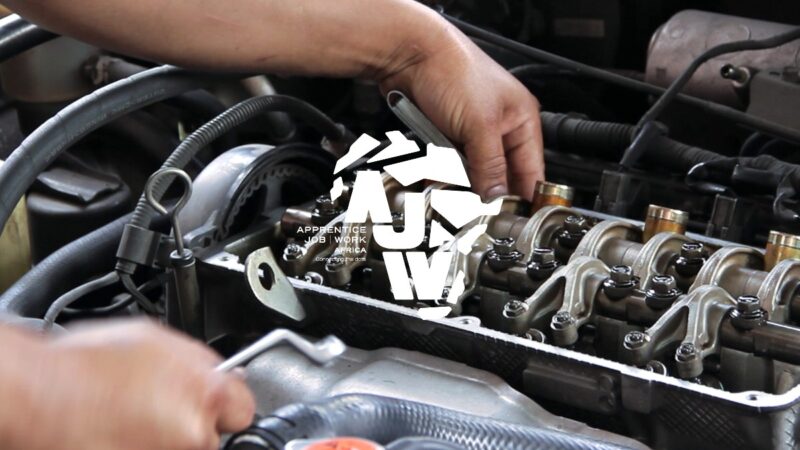Pathways To Jobs For Technically Trained Youth Through MSMEs
December 13, 2023

One of the most important questions in life, is “So What”? You have completed a degree and earned a first class honours. Congratulations! But so what? This question is not meant to trivialize achievement, but to snap us back into reality and to remember to be grounded in the one big thing that is life changing in a young woman or man’s life. And that is: The Power of a Plan. Someone once said that Planning is bringing the future into the present so that you can do something about it now. If you do not do something about we have accomplished now, we stand the risk of squandering it.
Over the past five or so years, the Government of Kenya increased focus on TVET Institutions. There is a renewed emphasis providing technical skills for the youth, with an almost 20% increase in TVET admissions and a 35.5% increase in National Polytechnics admissions in 2019, just before the Covid Pandemic hit. This is good news for our economy. But the question still arises: So What? After the Youth have gained high quality technical skills from our great colleges, what next?
Allow me to propose a practical plan that introduces a conclusive yet sustainable solution.
The government should create pathways that allow young people who have gained technical skills to enter into Mutually Beneficial apprenticeships. But instead of looking to large corporations and established mega-entities, the best place to channel these youth is to the MSME (Micro Small and Medium Enterprises). MSMEs world over are the primary source of net job creation in many countries. Many MSMEs however do not have the avenues to find the skills that match their requirements, or have the initial funds to provide a stipend for potential hires.
This is where the government steps in by incentivizing the MSMEs to open their doors to the youth freshly trained in the specific sector the small business operates in. The incentive is cognizant of the fact that the apprentices have no work experience and therefore will be on a learning curve at the enterprise. This is a liability the government can compensate for by extending a small consideration to the MSME. After a few months, the apprentices begin to add value to the MSME by contributing to the growth and profitability of the business. The TVET trained apprentice helps the business produce more, and to do so even more skillfully. This enables the MSME to afford to retain the apprentice on employment terms.
Take a practical example of a sole proprietor called Moraa who runs a small automotive repair shop. Operating by herself, the mechanic can only work on so many cars a day, limiting her ability to expand her business and grow her income. If the government sponsors a TVET youth trained in Grade III Motor Vehicle Mechanics for an apprenticeship at Moraa’s garage, her capacity to take on more vehicles increases immediately. While she will hand hold the apprentice for a short while, the trainee’s utility will keep increasing to the point of independence and increased productivity. The job that Moraa will create for the TVET graduate will serve to have a multiplier effect, as she will need more hands the more the business grows. Moraa therefore becomes the government’s answer to the big So What? question.
Jane Mwangi, CEO AJW Africa, in The Standard 25 July 2021



